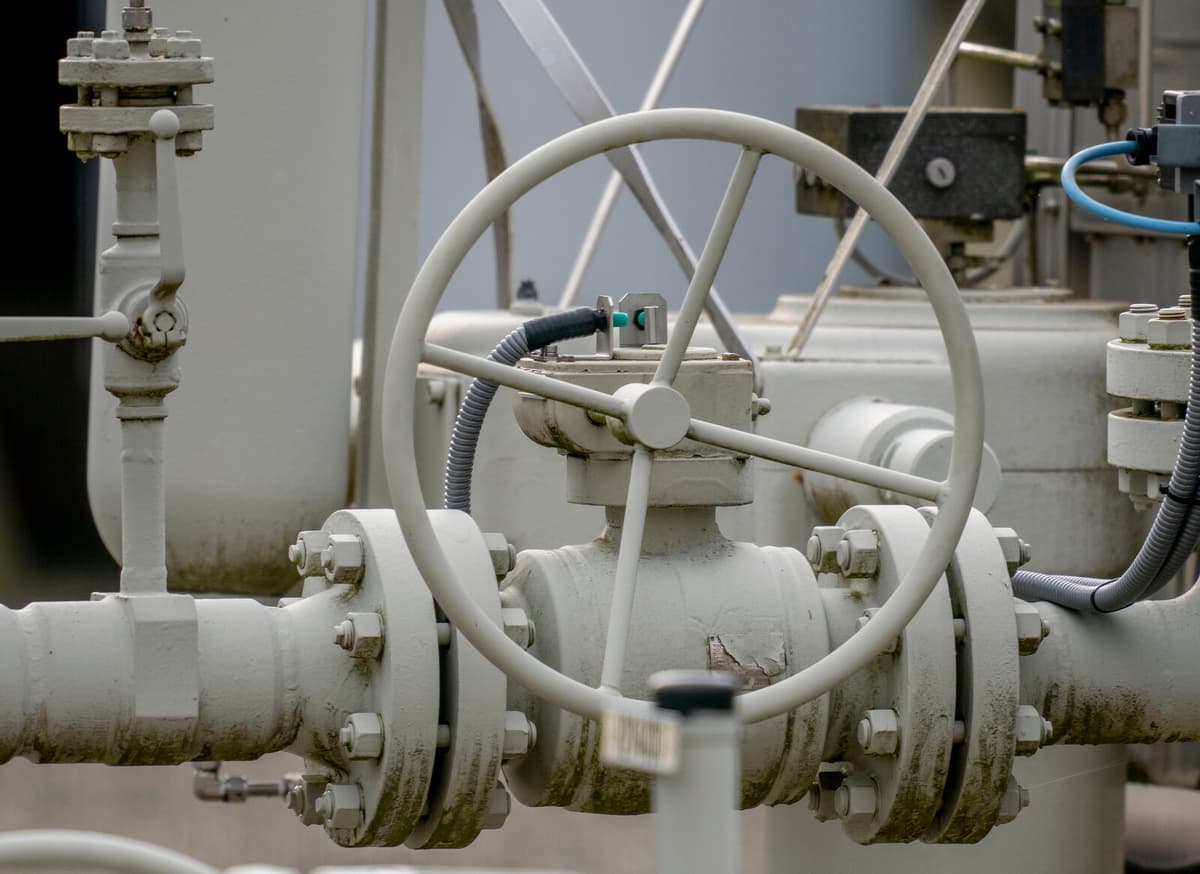The whole thing is based on a five-year transit agreement between Ukraine and Russia, which expires on New Year's Day. The Russian gas is mainly exported to the EU country Slovakia, and has despite the ongoing war been kept in operation.
In anticipation of the expected closure, the gas price rose on Tuesday to the highest level since November 2023, when it touched 50 euros per MWh. This despite the fact that the current gas is only estimated to account for about five percent of European demand, according to Bloomberg.
Slovakia is one of the countries that partly relies on cheap Russian gas, and has been eager to get an extension of the Russian-Ukrainian agreement. On Tuesday, a new agreement was still absent, and Ukraine's President Volodymyr Zelenskyj has as recently as December announced that no new agreement will be reached.
In addition to the planned closure of the gas pipeline, low temperatures are expected to affect the price picture. Bloomberg reports that European gas prices have risen by nearly 50 percent this year - at the same time, prices are still far below the peak levels reached at the start of the full-scale war in 2022.






